Your Path to a Kidney Transplant in Turkey: A Guide to Getting Started
.png)
A kidney transplant is a life-changing procedure that can offer renewed health and freedom from the burdens of dialysis. For patients with end-stage renal disease, Turkey has emerged as a world-leading destination for this complex surgery, combining high success rates, state-of-the-art hospitals, and renowned surgeons. However, becoming a candidate for a kidney transplant in Turkey involves meeting a specific set of medical, legal, and ethical criteria.
This guide is designed to answer the most critical questions potential international patients have about their eligibility. We'll explore what makes someone a good candidate, the legal requirements for donors, the comprehensive evaluation process, and what you can expect from this medical journey. Understanding these factors is the first and most important step toward a successful transplant.
Who is generally a good candidate for a kidney transplant?
"A good candidate for a kidney transplant in Turkey is a patient with end-stage renal disease (ESRD) who is in good overall health to withstand major surgery and is free from conditions that could compromise the success of the transplant, such as active infections or recent cancer."
The primary candidates are individuals whose kidneys have failed, requiring them to be on dialysis. The goal of a transplant is to provide a better quality of life and increased life expectancy compared to long-term dialysis. Beyond having kidney failure, a good candidate must have a stable health status. This means any other chronic conditions, like heart disease or diabetes, must be well-managed.
The evaluation process is thorough to ensure the patient's body can handle the stress of the operation and the lifelong commitment to post-transplant care, including taking immunosuppressive medications. The focus is always on the patient's long-term well-being and the viability of the new organ.
What are the legal requirements for donors for international patients in Turkey?
"For international patients seeking a kidney transplant in Turkey, the law strictly requires the living donor to be a relative of the patient up to the fourth degree. The familial relationship must be officially proven through documents like birth certificates, which are often required to have an Apostille authorization."
Turkey has a very clear and ethical legal framework to prevent organ trafficking. Unlike some countries, deceased donor organs are not available to foreign nationals. Therefore, every international patient must have their own living donor. The accepted degrees of relation are:
- 1st Degree: Mother, Father, Child
- 2nd Degree: Sibling, Grandparent, Grandchild
- 3rd Degree: Uncle, Aunt, Nephew, Niece
- 4th Degree: Children of 3rd-degree relatives
Your spouse and their relatives (up to the 4th degree) are also considered eligible donors. You will need to provide official documentation to the hospital and, in some cases, the Turkish Ministry of Health to verify this relationship.
What if my donor is not a blood-type match?
"If your willing donor is not a blood-type match, you may still be a candidate for a kidney transplant in Turkey through the Paired Kidney Exchange Program, also known as 'cross-transplantation'."
This innovative program is a beacon of hope for incompatible pairs. It works by matching two different donor-recipient pairs. For example, if your donor has blood type B and you have blood type A, the hospital can find another pair where the donor has blood type A and the recipient has blood type B. In a simultaneous surgery, your donor gives their kidney to the other recipient, and their donor gives their kidney to you.
This system allows both recipients to receive a compatible kidney from a living donor. Many top Turkish transplant centers have robust paired exchange programs and even participate in international exchanges, increasing the chances of finding a suitable match for patients from all over the world.
What conditions might disqualify me from a kidney transplant in Turkey?
"You may be disqualified from receiving a kidney transplant in Turkey if you have a recent history of cancer, an active or chronic infection that cannot be treated, severe and untreatable heart disease, active substance abuse, or a demonstrated inability to adhere to medical treatment."
Patient safety is paramount. The transplant team conducts a rigorous evaluation to identify any contraindications. Common disqualifying factors include:
- Active Infections: Conditions like tuberculosis or severe bacterial infections must be fully resolved before a transplant, as immunosuppressants can make them worse.
- Cancer: A recent diagnosis of cancer is typically a contraindication. A patient usually needs to be cancer-free for a specific period (often 2-5 years) before being reconsidered.
- Severe Cardiovascular Disease: The heart must be strong enough for surgery. Untreatable conditions like severe coronary artery disease or heart failure may disqualify a candidate.
- Substance Abuse: Active abuse of drugs or alcohol can interfere with post-transplant care and is a serious contraindication.
- Psychosocial Issues: A lack of social support or severe psychiatric illness that would prevent a patient from managing their complex post-transplant care regimen can be a disqualifying factor.
Is there an age limit for a kidney transplant in Turkey?
"While there is no strict upper age limit for a recipient of a kidney transplant in Turkey, the patient's overall physiological health is more important than their chronological age. However, living donors are typically required to be between the ages of 18 and 60."
For recipients, a 75-year-old in excellent health may be a better candidate than a 55-year-old with multiple severe health issues. The evaluation team assesses each candidate individually to determine their fitness for surgery and their likely long-term outcome.
For donors, the age range of 18-60 is in place to ensure their own safety. A donor must be in excellent health, with no history of chronic diseases like hypertension or diabetes, to ensure that donating a kidney does not pose a risk to their own future health.
What does the pre-transplant evaluation in Turkey involve?
"The pre-transplant evaluation for a kidney transplant in Turkey is a comprehensive process involving medical tests, compatibility screening, and psychosocial assessments for both the recipient and the donor."
This evaluation is designed to ensure the highest chance of success and safety for both individuals. It typically includes:
- Blood Tests: To check blood type (ABO compatibility), kidney and liver function, and screen for viruses like HIV and hepatitis.
- Tissue Typing (HLA Matching): This test compares the genetic markers of the donor and recipient. A closer match reduces the risk of organ rejection.
- Crossmatching: This final blood test checks for specific antibodies the recipient may have against the donor's kidney. A "negative" crossmatch is required to proceed.
- Cardiovascular and Pulmonary Exams: Including an EKG, echocardiogram, and chest X-ray to ensure heart and lung health.
- Psychosocial Evaluation: A meeting with a psychologist or psychiatrist to assess the patient's understanding of the procedure, their emotional readiness, and their social support system. This is also crucial for the donor to ensure their decision is voluntary and well-informed.
What is the cost of a kidney transplant in Turkey?
"The cost of a kidney transplant in Turkey for an international patient typically ranges from $18,000 to $25,000 USD. This is significantly more affordable than in countries like the United States, where the cost can exceed $260,000."
This dramatic cost difference does not reflect a compromise in quality. Instead, it is due to Turkey's lower operational costs for hospitals and competitive pricing strategies for medical tourism. The price is a major factor that makes Turkey an attractive destination for patients worldwide.
Most leading Turkish hospitals offer all-inclusive packages for transplant procedures. These packages often cover:
- The full cost of the surgery for both the recipient and the donor.
- All pre-operative laboratory tests and compatibility screenings.
- Hospitalization for both individuals, including intensive care unit (ICU) stays.
- Surgeon, anesthesiologist, and nephrologist fees.
- Medications administered during the hospital stay.
- Airport transfers and interpreter services.
It is important to confirm what is included in your specific package. The cost of travel, accommodation outside the hospital, and post-discharge immunosuppressive drugs are typically not included.
What are the success rates for kidney transplants in Turkey?
"The success rates for a kidney transplant in Turkey are among the best in the world, with many top JCI-accredited hospitals reporting graft (organ) and patient survival rates of over 95-98% one year after surgery."
These excellent outcomes are a result of several factors. Turkish surgeons are highly experienced, performing thousands of transplants annually. The hospitals are equipped with the latest technology for both minimally invasive (laparoscopic) donor surgery and recipient surgery.
Furthermore, the comprehensive pre-transplant evaluation and diligent post-operative care play a huge role in these high success rates. Patients receive close monitoring and are managed by a dedicated, multidisciplinary team of nephrologists, surgeons, and nurses.
What is post-transplant care like for an international patient?
"Post-transplant care for international patients undergoing a kidney transplant in Turkey is thorough, beginning with an initial hospital stay of one to two weeks and followed by a period of outpatient monitoring before being cleared to fly home."
After the surgery, the recipient typically stays in the hospital for about two weeks, while the donor's stay is shorter, around one week. During this time, the medical team monitors the new kidney's function, manages pain, and begins the lifelong immunosuppressive medication regimen.
Before you travel back to your home country, you will need to stay in Turkey for several more weeks for regular follow-up appointments and blood tests. Many hospitals offer assistance with arranging accommodation and provide translation services during this critical recovery period. They will also coordinate with your home doctor to ensure a smooth transition of care once you return.
Ready to find out if you are a good candidate for a life-changing kidney transplant in Turkey? PlacidWay connects you with world-class, accredited hospitals and renowned transplant specialists. Explore your options for a healthier future today.
?

.png)
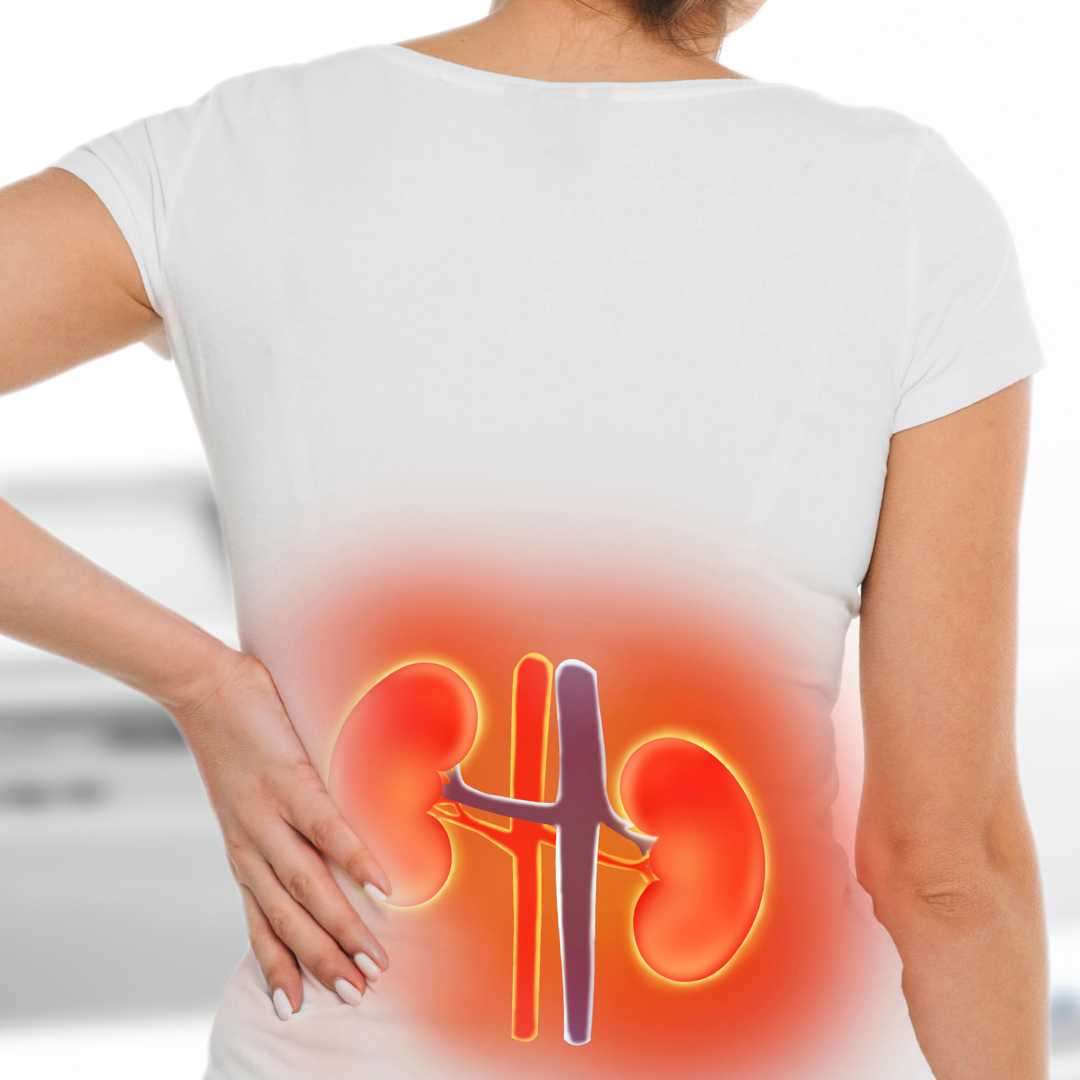
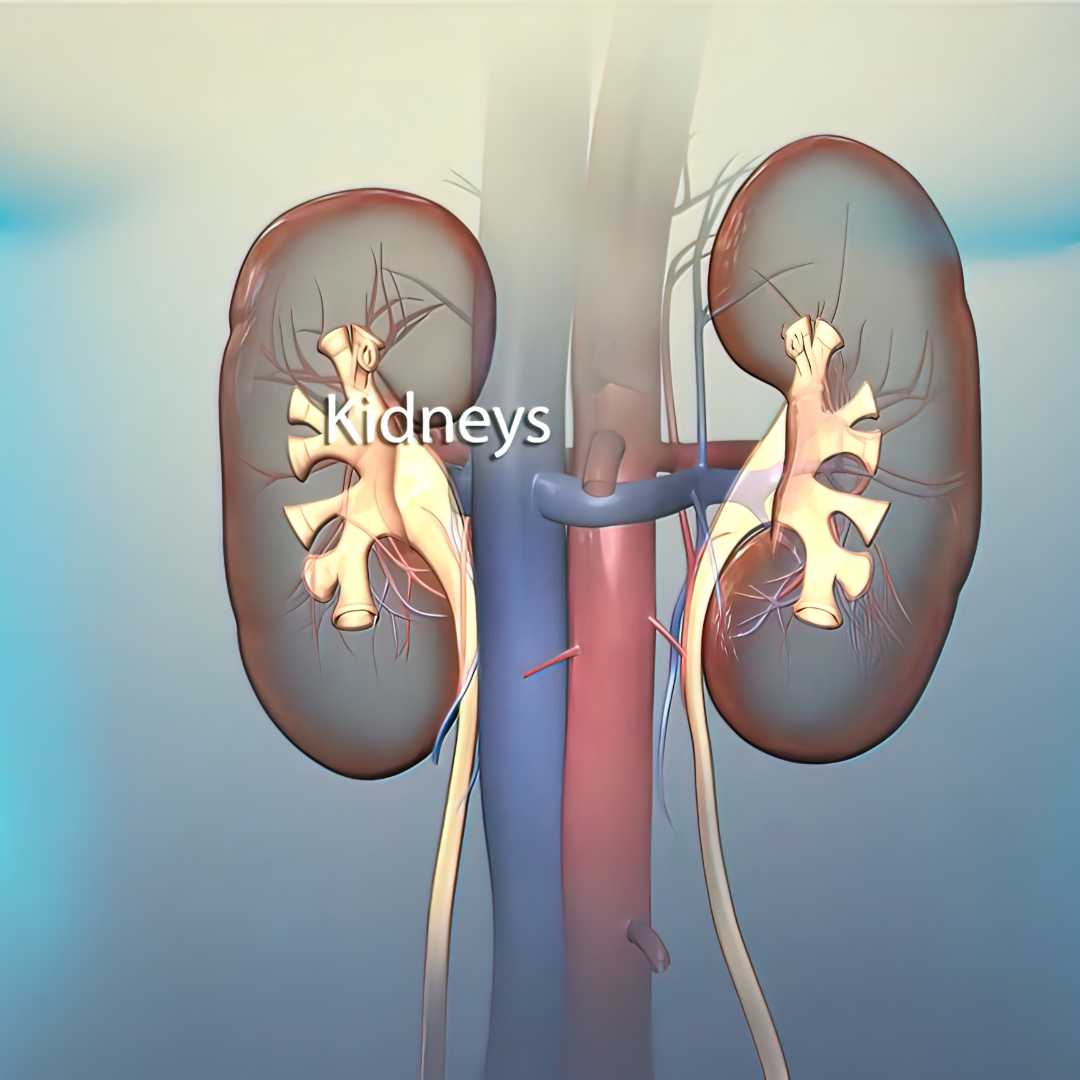

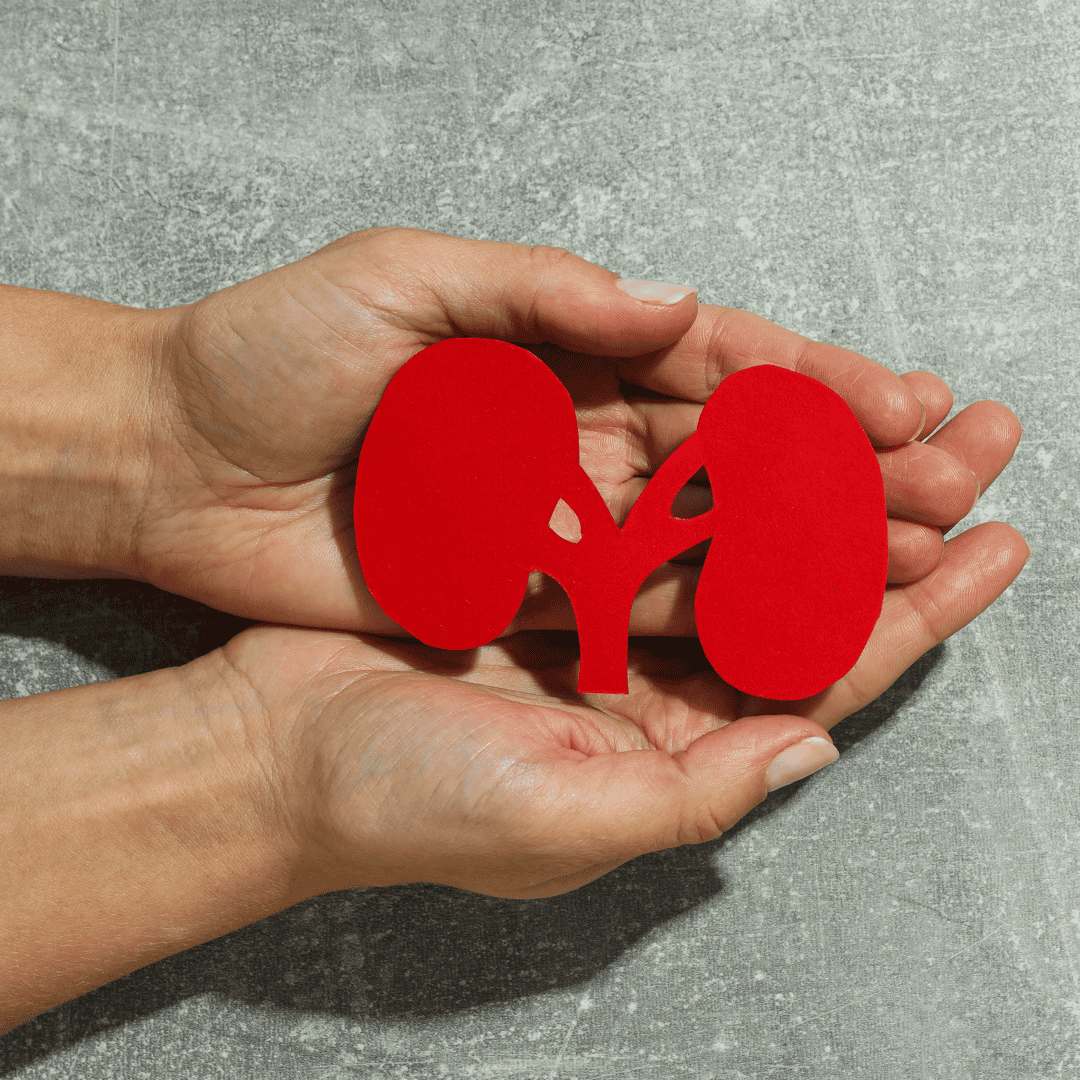
.png)




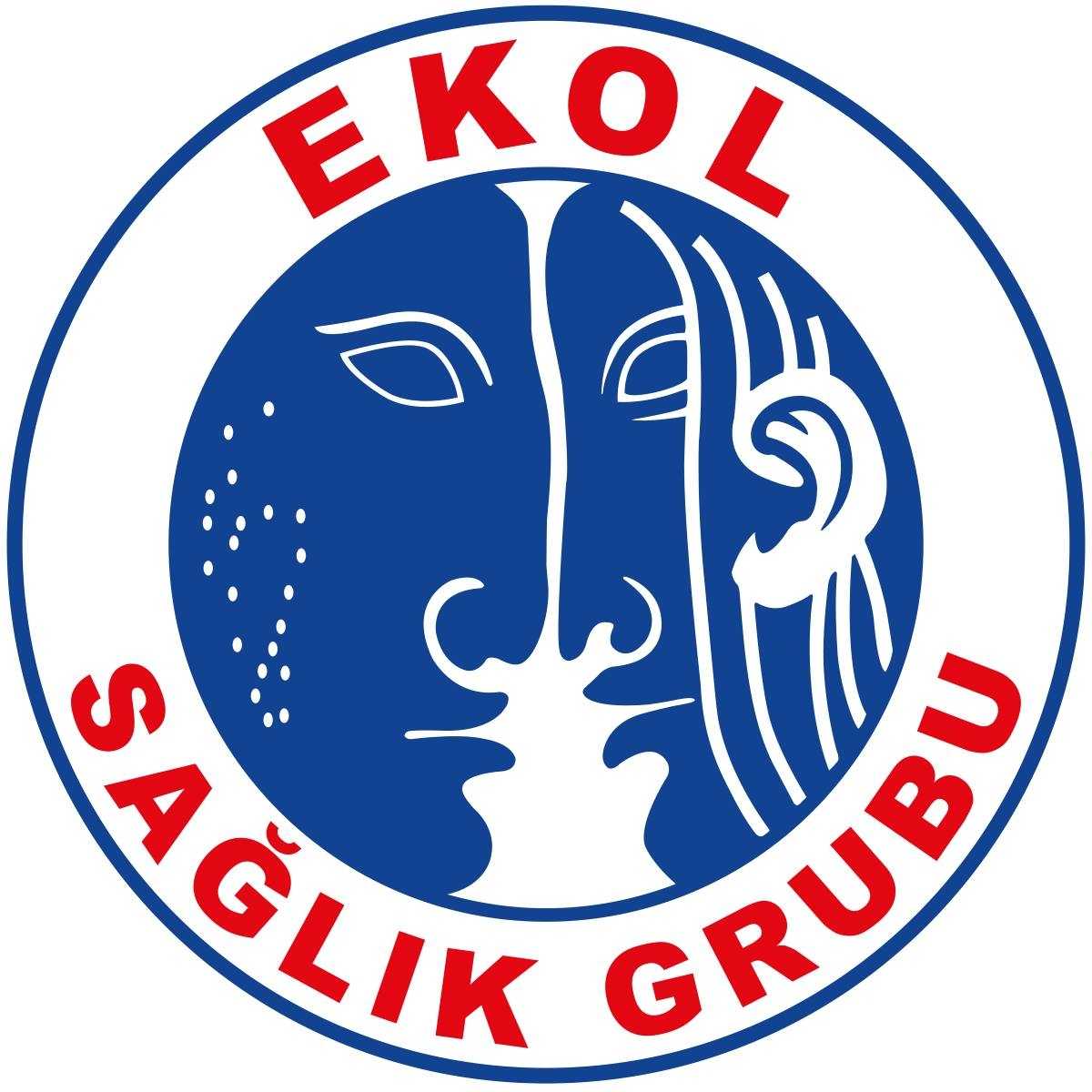

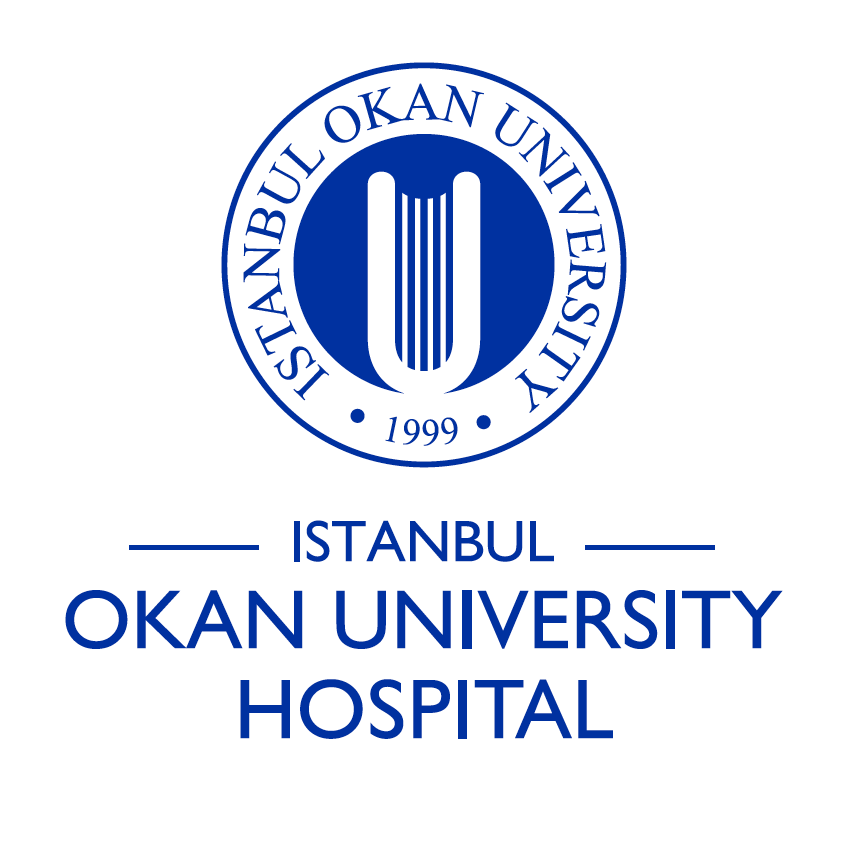


Share this listing